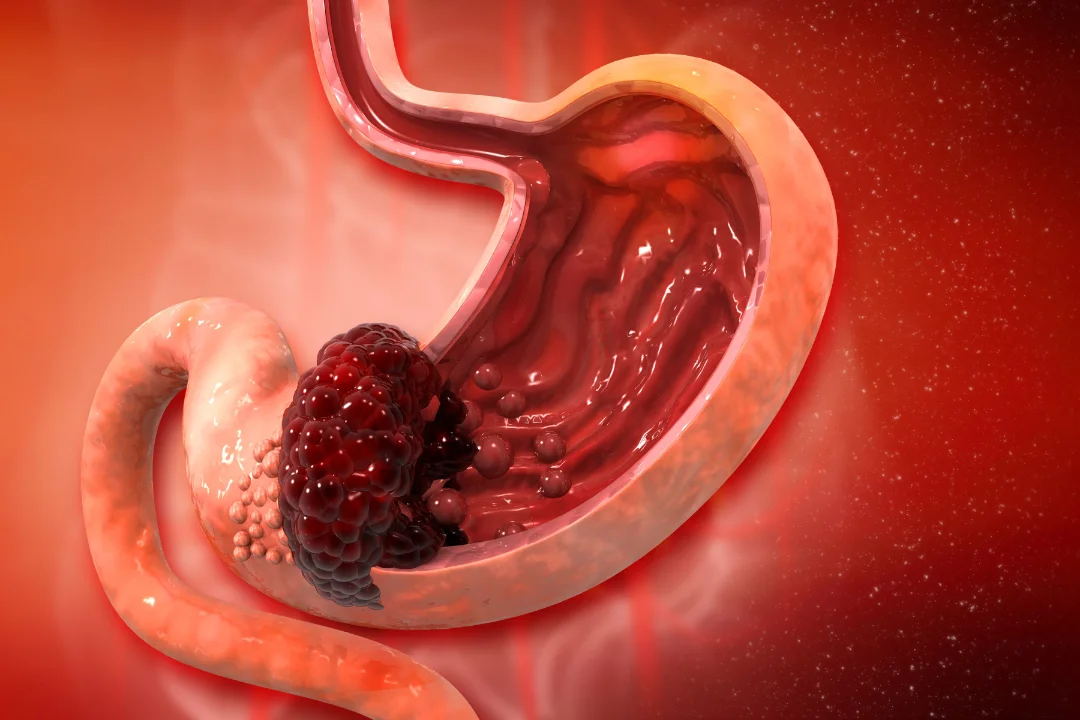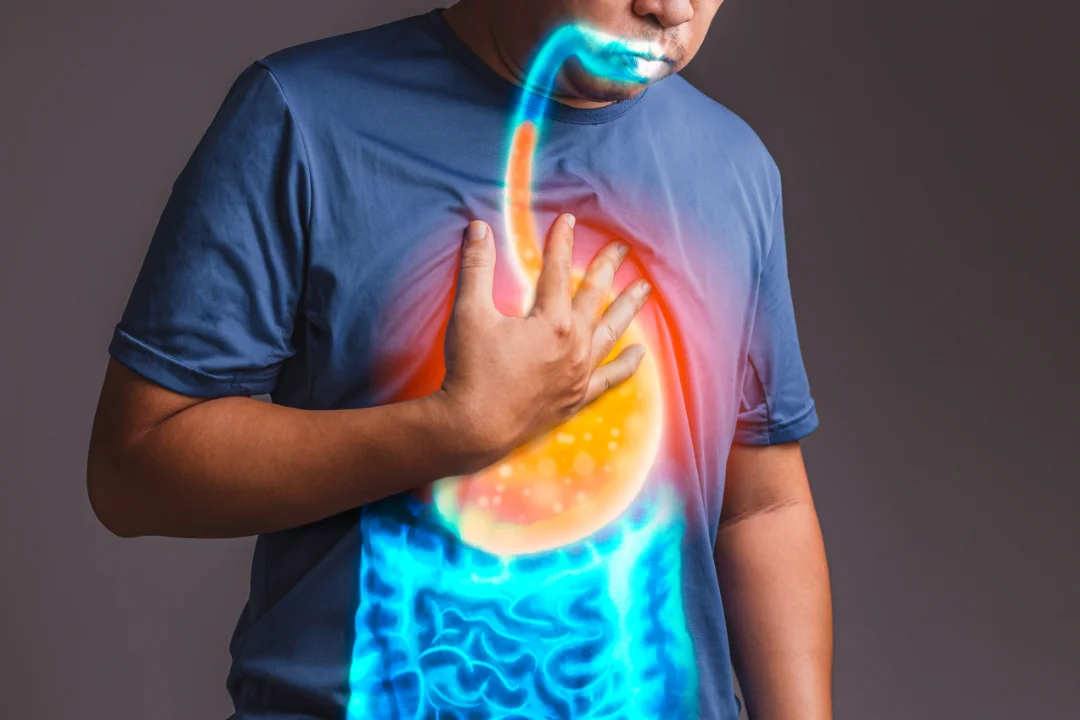Indigestion, or dyspepsia, refers to pain or discomfort after eating, while the stomach is digesting the food. Aside from pain and discomfort, people with indigestion may also belch, pass flatulence, feel bloated, feel full soon after eating, experience nausea/vomiting, and have the sensation of regurgitation i.e. feeling like food is making its way back up from the stomach and into the throat.
Almost everyone has experienced indigestion in one way or another at some point in their lives, but it may be a daily occurrence for some, and this greatly affects their quality of life.
Functional dyspepsia refers to a condition where you experience symptoms of indigestion without a clear, identifiable cause. Dyspepsia could also be a symptom of organic causes, such as:
Whether it’s functional dyspepsia, or dyspepsia with a clear or identifiable cause, can experiencing chronic indigestion put you at risk of stomach cancer? Read on to find out more.
What Happens if You Have Indigestion Every Day

Mild indigestion should not be a cause for concern. However, it would be best to get checked, especially if it is accompanied by symptoms such as:
- Weight loss
- Black tarry stools
- Vomiting blood
Your Gastroenterologist may carry out tests such as a gastroscopy, blood tests, a urea breath test and gastric emptying scan in order to rule out other pressing disorders with similar symptoms to that of functional dyspepsia.
Gastroesophageal Reflux Disease (GERD)
Having indigestion everyday can become very uncomfortable. Heartburn is considered chronic when it is experienced more than twice a week, and may be a sign of gastroesophageal reflux disease (GERD). Having indigestion may affect how you take your meals, affect your nutrition, and can be painful in some. Indigestion due to acid reflux may also damage the lining of the stomach wall.

Can Chronic Indigestion Cause Stomach Cancer?
Chronic indigestion may not be a cause of stomach cancer, but it can indicate an underlying condition that can be a risk factor for stomach cancer. This is because dyspepsia is also a symptom of various functional or organic diseases, such as gastritis, peptic ulcers or H.pylori, which are conditions that increase your risk of gastric cancer.
It is also important to note that dyspepsia is also the most common symptom in early and advanced gastric cancer.
What about oesophageal cancer?
Furthermore, chronic GERD is actually a risk factor for a phenomenon known as Barrett’s oesophagus, which is caused by long-term acid reflux damaging the lining of the lower oesophagus. This, in turn, increases the risk of oesophageal cancer.
Summary
Ultimately, it simply means that chronic indigestion should not be overlooked, especially if it causes you great discomfort. Dyspepsia can be remedied effectively by treating the root cause, or by providing medication to manage the symptom. Consulting your Gastroenterologist will also allow him/her to perform investigations thoroughly and craft a proper treatment plan.
References
- Dooley, Brian. “6 Signs Your Constant Heartburn Symptoms Could Be Something Serious.” Gastroenterology Consultants of San Antonio, 8 April 2022, https://www.gastroconsa.com/six-signs-your-heartburn-could-be-something-more-serious/.
Accessed 7 February 2023. - L, Macke, et al. “The Fear of Gastric Cancer in Patients with Dyspepsia: Challenge in Specialist Care Gastroenterology.” Karger, July 2022, https://www.karger.com/Article/FullText/518394.
Accessed 7 February 2023.

